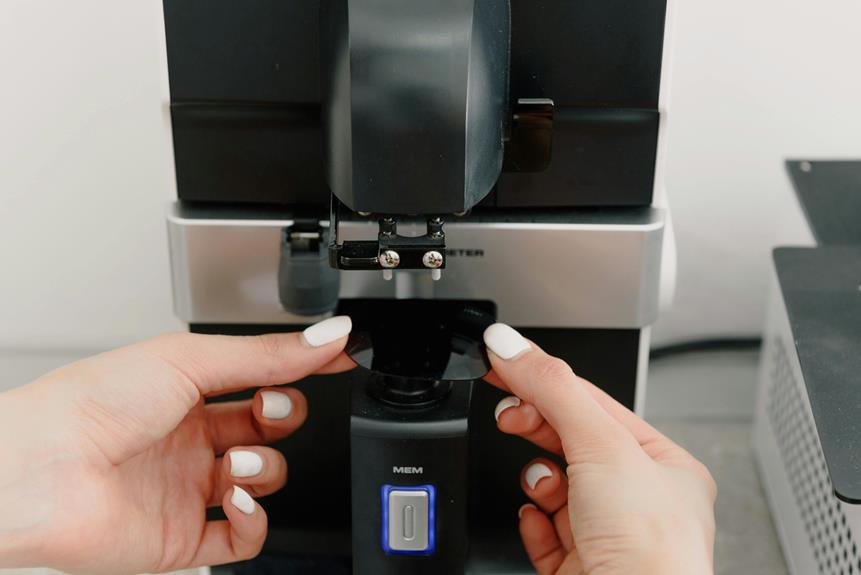
If you're looking to make your home more energy-efficient, investing in smart devices could be the way to go. Imagine having the ability to control your home's temperature from anywhere or reducing your electricity usage without even trying. The top energy-saving smart devices can revolutionize the way you manage your household's energy consumption. By incorporating these devices, you can not only save on your utility bills but also contribute to a greener environment. So, why not explore the world of smart technology for your home?
Smart Thermostats
Upgrade your home's energy efficiency with a smart thermostat. These devices are game-changers when it comes to saving energy and reducing utility bills. By allowing you to control the temperature of your home remotely, smart thermostats adapt to your schedule and preferences. Imagine coming back to a cozy home without wasting energy while you're away. With features like learning algorithms, geofencing, and energy-usage reports, smart thermostats put you in control of your comfort and savings.
Installing a smart thermostat is a straightforward process that can have a significant impact on your energy consumption. By optimizing heating and cooling cycles based on your habits, these devices ensure that you're not overheating or overcooling your home when it's not necessary. In addition to the convenience they offer, smart thermostats contribute to a greener lifestyle by reducing your carbon footprint. Take the first step towards a more efficient home by upgrading to a smart thermostat today.
Energy-Efficient Lighting
Consider investing in energy-efficient lighting to illuminate your home while saving on electricity costs.
LED light bulbs are a popular choice for energy-efficient lighting. They use up to 75% less energy and last 25 times longer than traditional incandescent bulbs. LED bulbs also produce less heat, making them safer to use and reducing the load on your air conditioning system.
Another option is compact fluorescent lamps (CFLs), which are also energy-efficient and can last up to 10 times longer than incandescent bulbs.
Furthermore, smart lighting systems allow you to control your lights remotely using your smartphone or voice commands. You can schedule lighting to turn on and off at specific times, adjust brightness levels, and even change the color of the light.
Smart Power Strips
Maximize energy efficiency in your home by incorporating smart power strips into your setup. Smart power strips are a convenient way to control the power usage of multiple devices. They work by cutting off power to electronics when they aren't in use, eliminating standby energy consumption. By using smart power strips, you can easily manage your energy usage and reduce your electricity bill.
One of the key benefits of smart power strips is their ability to detect when devices are in standby mode or fully powered on. This feature helps prevent energy wastage caused by devices that continue to draw power even when not actively being used. Additionally, some smart power strips offer remote control capabilities, allowing you to turn off devices from your smartphone or set schedules for powering them on and off.
Investing in smart power strips is a simple yet effective way to make your home more energy-efficient. By incorporating these devices into your household, you can significantly reduce your energy consumption and contribute to a greener environment.
Smart Appliances
To further enhance your home's energy efficiency, explore the benefits of integrating smart appliances into your daily routines. Smart appliances, such as refrigerators, washing machines, dishwashers, and ovens, offer advanced features that can help you save both energy and money. These devices are designed to optimize their performance based on your usage patterns and energy tariffs.
Smart refrigerators, for example, can adjust their temperature settings according to the contents inside, reducing energy waste. They can also notify you when the door is left open or when it's time to replace the water filter, ensuring efficient operation. Similarly, smart washing machines can sense the load size and fabric type to use the appropriate amount of water and detergent, leading to significant energy savings over time.




